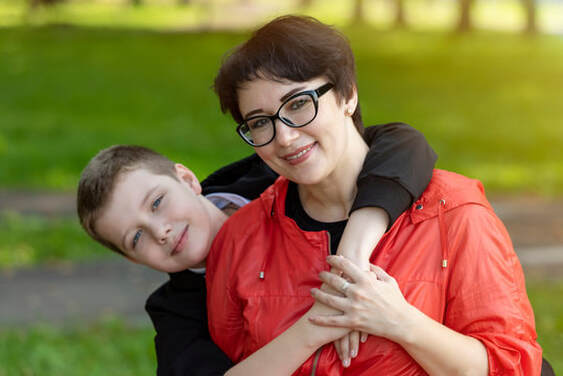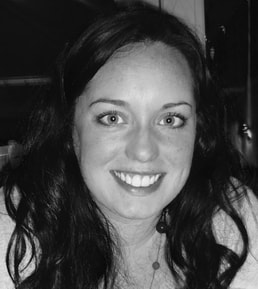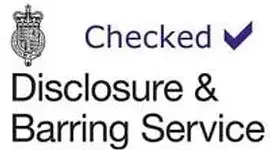Independent, multidisciplinary and neuroaffirmative identification and diagnosis of Autism and ADHD
|
|
|
Now in partnership with Malvern Hills Private Practice to enable a route to ADHD medication for our clients
Solihull Autism Assessment Service offers a timely, robust, neuroaffirmative and multi-disciplinary team assessment for children (7+ years) and adults, using extensively validated assessment tools recommended in NICE guidelines for the identification and diagnosis of Autism and Attention Deficit Hyperactivity Disorder (ADHD).
Collectively our team have many years experience in identifying neurodivergence in adults and children, both in the NHS and in independent practice and we provide a professional, individualised and approachable service at all times. This includes accessible information provided about what to expect from our identification process, meeting the clinicians involved; many of whom have their own lived experience of neurodivergence and information on the pros and cons of diagnosis.
The team has particular expertise and training in the experience of Autistic women and girls as well as 'camouflaged' or 'masked' Autism and ADHD. Further, our clinicians practice in a neurodiversity-affirmative approach, offering a positive, accepting and empowering identification experience for clients. We view Autism and ADHD as neurotypes; two of many that constitute the varied and valuable neurodiversity that makes our modern population and we encourage this approach in our reports and with our clients, fostering a positive neurodivergent identity as far as possible.
As a Psychology-led service, a psychological formulation is considered as an important part of the process for each client. This is a framework to understand the connection between each person's individual characteristics, experiences and behaviours; with or without neurodivergence. This enables a particularly individualised assessment outcome and set of recommendations, rather than a simple diagnosis.
Collectively our team have many years experience in identifying neurodivergence in adults and children, both in the NHS and in independent practice and we provide a professional, individualised and approachable service at all times. This includes accessible information provided about what to expect from our identification process, meeting the clinicians involved; many of whom have their own lived experience of neurodivergence and information on the pros and cons of diagnosis.
The team has particular expertise and training in the experience of Autistic women and girls as well as 'camouflaged' or 'masked' Autism and ADHD. Further, our clinicians practice in a neurodiversity-affirmative approach, offering a positive, accepting and empowering identification experience for clients. We view Autism and ADHD as neurotypes; two of many that constitute the varied and valuable neurodiversity that makes our modern population and we encourage this approach in our reports and with our clients, fostering a positive neurodivergent identity as far as possible.
As a Psychology-led service, a psychological formulation is considered as an important part of the process for each client. This is a framework to understand the connection between each person's individual characteristics, experiences and behaviours; with or without neurodivergence. This enables a particularly individualised assessment outcome and set of recommendations, rather than a simple diagnosis.
|
“It’s incredibly frustrating and sad to see how long families are having to wait for these assessments because of a lack of funding and resources. Neurodivergent young people especially need their diagnoses quickly as their engagement in school and learning is so much affected by their environment, their individual differences and how well their particular needs are supported. It’s also very important that the assessment is robust, thorough and reliable. Whether a diagnosis is given or not, we believe a good neurodevelopmental assessment should identify the person’s individual differences, strengths and difficulties, as well as giving ways forward for the future; a diagnosis being confirmed or denied is not really enough.“
Dr Jessica Donohoe, Co-Director and Clinical Psychologist |
LATEST TESTIMONIALS
This website uses marketing and tracking technologies. Opting out of this will opt you out of all cookies, except for those needed to run the website. Note that some products may not work as well without tracking cookies.
Opt Out of Cookies















